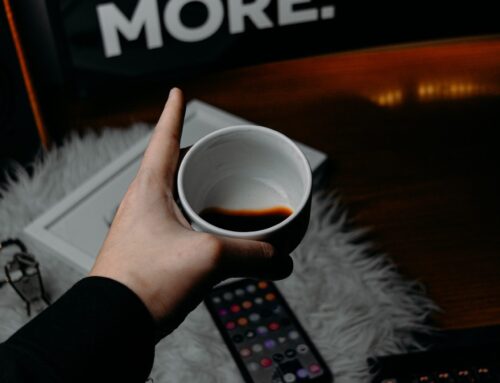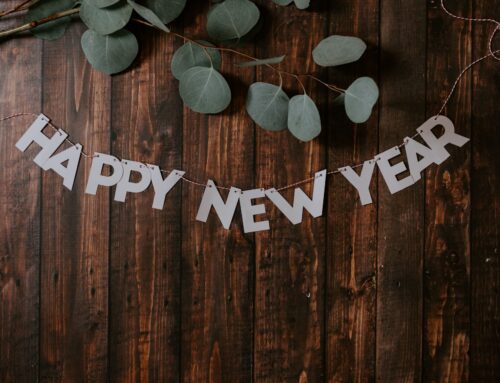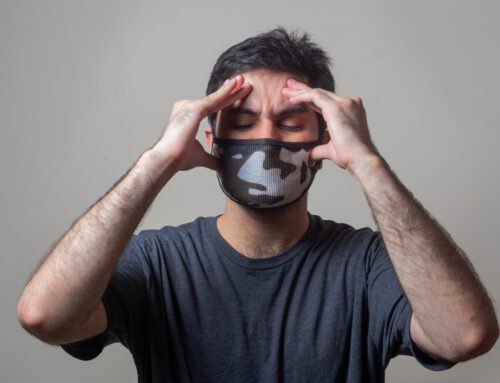
Several years ago, a manager who was hoping to talk me out of quitting a company whose culture was becoming more toxic by the day told me he had given up on trying to advocate for most of the things that make people feel appreciated: better pay, better benefits, or more resources. But what he could do was keep the bar stocked with drinks for “Thirsty Thursday,” plan happy hours, and pay for people’s Uber rides home when they really should not be driving. This, he hoped, would be enough to keep his best performers from quitting. It would indicate that he cared, even if the company did not.
In other words, he was attempting to medicate their burnout.
To be clear, I don’t blame this manager, who was clearly in a no-win situation that is all too common.
The strategy of medicating burnout is more prevalent in some industries than others, but it’s not limited to the world of work. A quick scroll through any Mom-oriented website is sufficient to become well acquainted with “Wine Mom” culture, which has increasingly normalized the idea that wine is the key to coping with the often overwhelming nature of being a Mom. This idea went from slightly-scandalous-but-everyone-does-it to not even the least bit controversial in what felt like a matter of days.
The pandemic, of course, also contributed. In early 2020 when the prevailing idea was that people would be working from home temporarily, it wasn’t unusual to see people with drinks in hand at 2PM Zoom meetings. A study from Cedars Sinai found that alcohol related negative health outcomes, including liver disease and death, and substantially increased in 2020 and 2021.
Often, for clients I work with, a sharp increase in use of alcohol or marijuana is their first unmistakable clue that they’re burned out, and that they’re dealing with it in ways that are unsustainable. It’s perhaps not surprising that we’re starting to collectively question alcohol in particular as a strategy. There’s a reason Dry January and Sober October have become more popular.
A culture that encourages people to medicate burnout with alcohol is effectively sending the message that burnout is an individual responsibility, not a systemic issue.
You just need to relax, it says. Leave work at work. Here’s a quick way to downshift, and it’s on us. Yet when addiction becomes a problem, the individual (and the family), not the culture, takes the blame and feels the consequences. The company, the industry, and the corporate world as a whole don’t suffer. We suffer.
If burnout is a systemic issue and the byproduct of a dysfunctional system, then its grossly unjust for the solution put forth to cause broken relationships, damaged bodies, and shortened lives. Shouldn’t the consequences fall on the system, not individual?
- What messages are prevalent your industry, workplace or social circle about alcohol for managing stress?
- If you quit or cut back on alcohol during Dry January (or some other time), is there a way in which this was an act of resistance? How would you name what you were resisting?
Share this article

Kathryn Stinson
I help passionate people identify and dismantle the cultural drivers of burnout, so they can serve their big visions without burning out. Find information and strategies for dealing with burnout here, or reach out to work with me.
Subscribe
Each month I take a deep dive into one aspect of resisting burnout.
Monthly Deep Dive Letters name cultural dynamics that generate burnout and open doors to imagining how we might do things differently. For examples of what I write about, take a look at the blog.
No productivity tips, and no motivational pep-talks. Just in depth, thoughtful content to support you in resisting burnout culture. You’ll also be notified of new events and programs.





